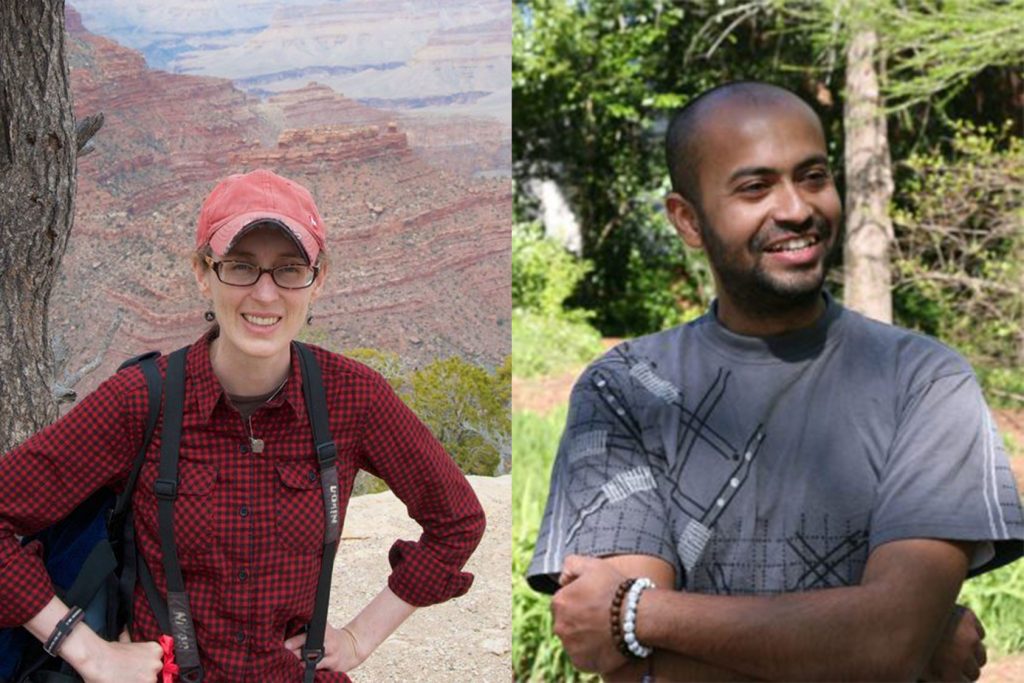Issues and Biodiversity Podcast 4
Episode 4: Climate Change Dragonfly team members and instructors Katie Feilen and Shafkat Khan join host Kevin Matteson to discuss the following required readings for this discussion as well as local actions to combat climate change. We...
Issues and Biodiversity Podcast 4

Episode 4: Climate Change
Dragonfly team members and instructors Katie Feilen and Shafkat Khan join host Kevin Matteson to discuss the following required readings for this discussion as well as local actions to combat climate change.
We start off discussing Shafkat and Katie’s actions to increase awareness of climate change in Oxford, Ohio using art. Their work has resulted in a community exhibition at the Oxford Community Art Center and various other collaborations.
If you want to jump ahead using the audio slider below, we start discussing the Chen et al. (2011) paper at about 14 minutes, Hoegh-Guldberg and Bruno (2010) at 37 minutes, and Scheffers et al. (2016) at 47:30.
Notable Quotes
“I always struggle with Nature and Science articles because they make them so short…And what is lost is data … I like data, that is what I realize. I need data, I need numbers, I need to get down and dirty.” – Katie
“Climate change is not necessarily a single source, single variable, single message change. Its messing with the Earth’s climatic balance that has so many different levels of impacts. Yeah, I am glad we are reading these articles.” -Shafkat
“Only 5% of climate change studies are in marine ecosystems.” and “A warmer world would be a sicker world.” – Kevin (quoting the Hoegh-Guldberg and Bruno (2010) article)
Readings Discussed
Chen, I. C., J. K. Hill, et al. (2011). Rapid Range Shifts of Species Associated with High Levels of Climate Warming. Science, 333(6045): 1024-1026.
Hoegh-Guldberg, O. and J. F. Bruno (2010). The Impact of Climate Change on the World’s Marine Ecosystems. Science, 328(5985): 1523-1528.
Scheffers, B. R., L. De Meester, et al. (2016). The broad footprint of climate change from genes to biomes to people. Science, 354(6313).
FULL TRANSCRIPT OF AUDIO